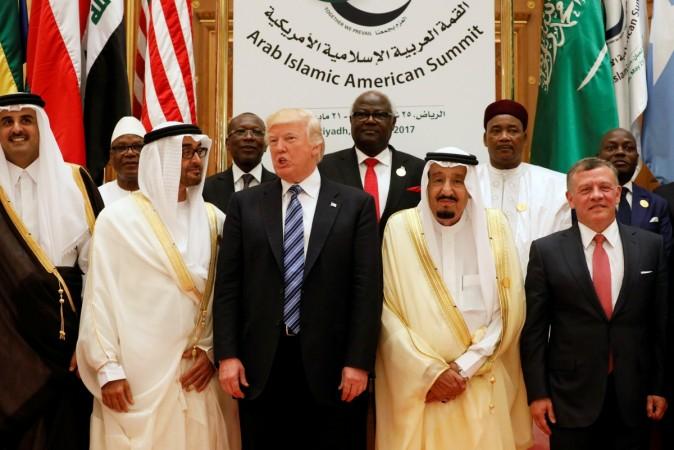
The elevation of Mohammad bin Salman al-Saud, the 31-year-old son of Saudi King Salman as the country's crown prince, replacing Mohammad bin Nayef al-Saud, could see the diplomatic row with Qatar, also having a crown prince in his 30s, intensifying further.
Bin Salman is a man of endless ambition and after becoming the crown prince, it is quite logical for him to accelerate things more at all fronts – military, economic and diplomacy and emerge as an unchallenged regional power. The move to isolate Qatar, a smaller but an equally ambitious country, spoke about the Saudis' renewed nationalist vigour.
Salman's elevation also makes it clear that the Saudis have no intention to back down on the Qatar crisis and rather, it has made its aggressive stance a kind of state policy. Salman has been the man behind the war in Yemen which has turned that country into rubbles. He has been the driving force behind Vision 2030 which looks to diversify the Saudi economy.
He has also made an image of his own in the international media and has also given the impression that he is in favour of taking on new challenges that the Saudis face with an open mind, something not seen much in the history of the undemocratic country.
Salman has shown that as a young leader who has a lot of fire in his imagination, he is not going to accept Qatar's rise silently and in this way, he was marked a departure from what the old guard would have thought.
With a friendlier incumbent in Washington, Salman has felt all the more confident to assert the Saudi nationalism and led the trade embargo on Qatar even if that meant there was no consensus in the decision to do so. It was reported that Nayef had a different take on handling Qatar but had to eventually make way for bin Salman. His ouster also took place soon after US President Donald Trump's visit to the kingdom which means that even Nayef's known proximity to the US while fighting al-Qaeda doesn't hold the significance it had once.
Bin Salman's unopposed rise now decides who in Saudi Arabia has the control over the power levers and the lack of any subsidence in the Qatar crisis proves that he is no mood to let Doha, or for that matter Tehran, go easily.

















